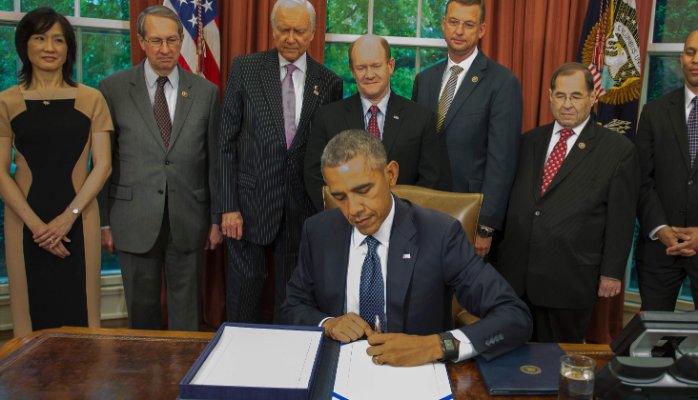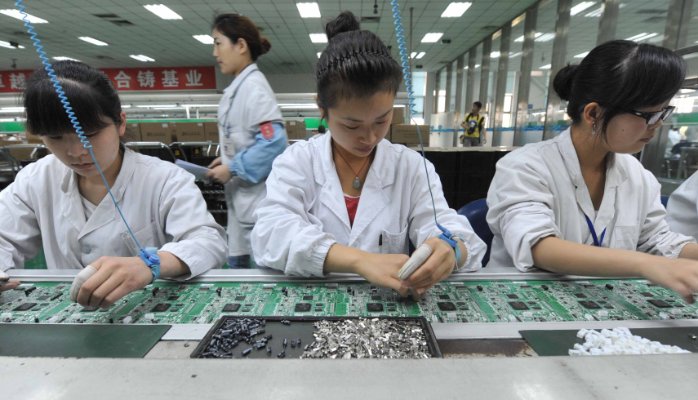It is common in U.S. patent litigation for a party accused of infringement to seek to depose inventors of the patents-in-suit. If the inventors are officers, directors or managing agents of a party and live or work in the U.S., it should be a routine matter to compel their depositions pursuant to the federal rules of civil procedure (FRCP). If the inventors are located outside the U.S. and do not consent to be deposed, the process is more burdensome, but often their depositions can be compelled pursuant to the provisions of the Hague Convention or other relevant treaty.
However, the process may be especially difficult if the inventor is located in Taiwan, is unwilling, and is no longer, or never was, employed by a party. First, Taiwan is not a signatory to the Hague Convention, so any attempt to compel the unwilling witness will have to proceed by way of letters rogatory. Second, if the inventor is not an officer, director or managing agent, the FRCP won’t apply and one must find another legal basis for ordering the testimony.
A number of courts have found that legal basis in the invention assignment agreement that the inventor signed in order to give up his rights in the patent. Invention assignment agreements usually contain language requiring the inventor to render certain assistance to the assignee of the patent. Depending on the particular facts and contract language, it is not unusual for a U.S. court to order a party to produce a foreign inventor to testify at deposition or trial, overseas or in the U.S., based on the notion that the assignment agreement gives the party “control” over the inventor.
What the courts gloss over is the extreme difficulty a party may encounter attempting to compel the inventor to comply with the order if the inventor refuses. In Taiwan, in particular, parties generally lack such control. Continue reading →


